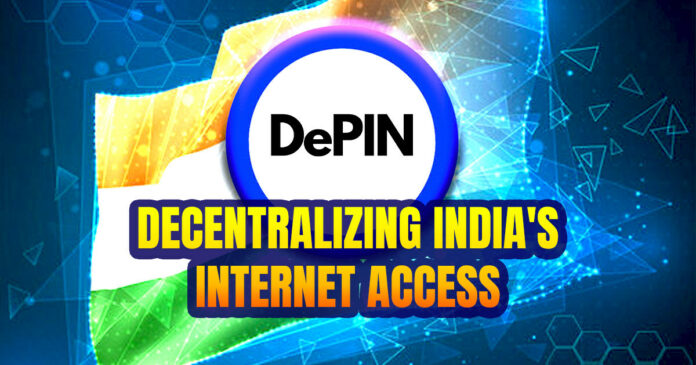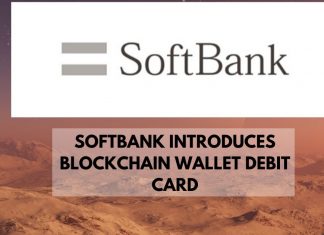The rise of DePINs, or Decentralised Physical Infrastructure Networks is a game-changer for Web3. These networks operate as a kind of blockchain-based marketplace.
They bring together hardware service providers from various industries. Wifi Dabba is a DePIN-based internet service provider. The company plans to decentralize access to the internet.
The Impact of DePINs on Web3 Infrastructure
Wifi Dabba announced on March 15th that it would distribute over 100,000 of its devices throughout India. It hosts these devices on Solana. The move will help ensure the unconnected can access internet services. The DePIN project plans to achieve this before the end of the year.
India is a fast-growing technology hub. But, internet access remains a challenge. The country has a population of 1.43 billion. Data shows that only 30 million people have access to regular WiFi. And less than 50% do not have any connectivity. This is the second time Wifi Dabba has issued its DePIN-connected devices.
1/ Excited about our portfolio company @WifiDabba 2024 plans to deploy over 100,000 of its @solana #DePIN-powered devices throughout India.https://t.co/4fLRBEwtL1 pic.twitter.com/5wQgndjK9c
— Amit Mehra, CFA amitmehra.eth (@amitm_eth) March 20, 2024
DePIN to Encourage Greater Participation
India’s major telecom corporations concentrate on urban cities. Karam Lakshman, the CEO of Wifi Dabba, believes this approach is ineffective. He said: “It could take several decades to connect the entire country, not factoring in future spikes in data demand.”
Lakshman further stated that India’s growing tech activities mandate widespread internet access. India is currently the second-largest crypto holder. It is also the fifth-largest economy globally. So, internet access is important in promoting the nation’s economy.
There’s a need for widespread participation to democratize access to the internet. And this is what Dabba seeks to achieve. It welcomes people who own router hardware into its network. These users earn Dabba tokens for allowing other users to use their hotspot data.
Brilliant!!
The impact of DePin projects like @WifiDabba goes beyond their primary use case which is to create decentralized and community driven access to services but could be play a critical role as the regulatory "ice breaker." https://t.co/gMjpk0dGYp
— मनीष 🇮🇳 | manishks.eth | manish.lens (@ManishKSingh79) March 20, 2024
Network users will have steady internet access, thanks to blockchain. However, these external providers maintain their devices themselves.
DePIN to Help Developing Nations
Lakshman believes DePIN can help developing nations improve their internet access. He said in a statement: “India serves as a crucial test bed for refining this model, which can subsequently be replicated worldwide to address connectivity issues on a global scale.”
I’d say 2024 is all about RWA and then 2025-2030 will be all about DePIN as western nations debts and higher interest rates remain high to battle inflation, and infrastructure continues to fall behind developing nations, particularly those in the far East. DePIN will be the… https://t.co/PT4qB4ujER
— Andrew Smith (egg/acc) (@VSTSFounder) September 18, 2023
Wifi Dabba’s head of communications, Dawn Philip, expects an increase in the use of DePINs in 2024. This would be common in underdeveloped countries. He said, “DePINs are poised to find a substantial market fit in these regions, where infrastructure development is needed the most. Unlike the developed world, where infrastructure is largely established and market saturation is evident, the developing world presents an untapped potential for decentralized networks to flourish.”
Dabba’s efforts are another example of how blockchain can improve day-to-day living.




























